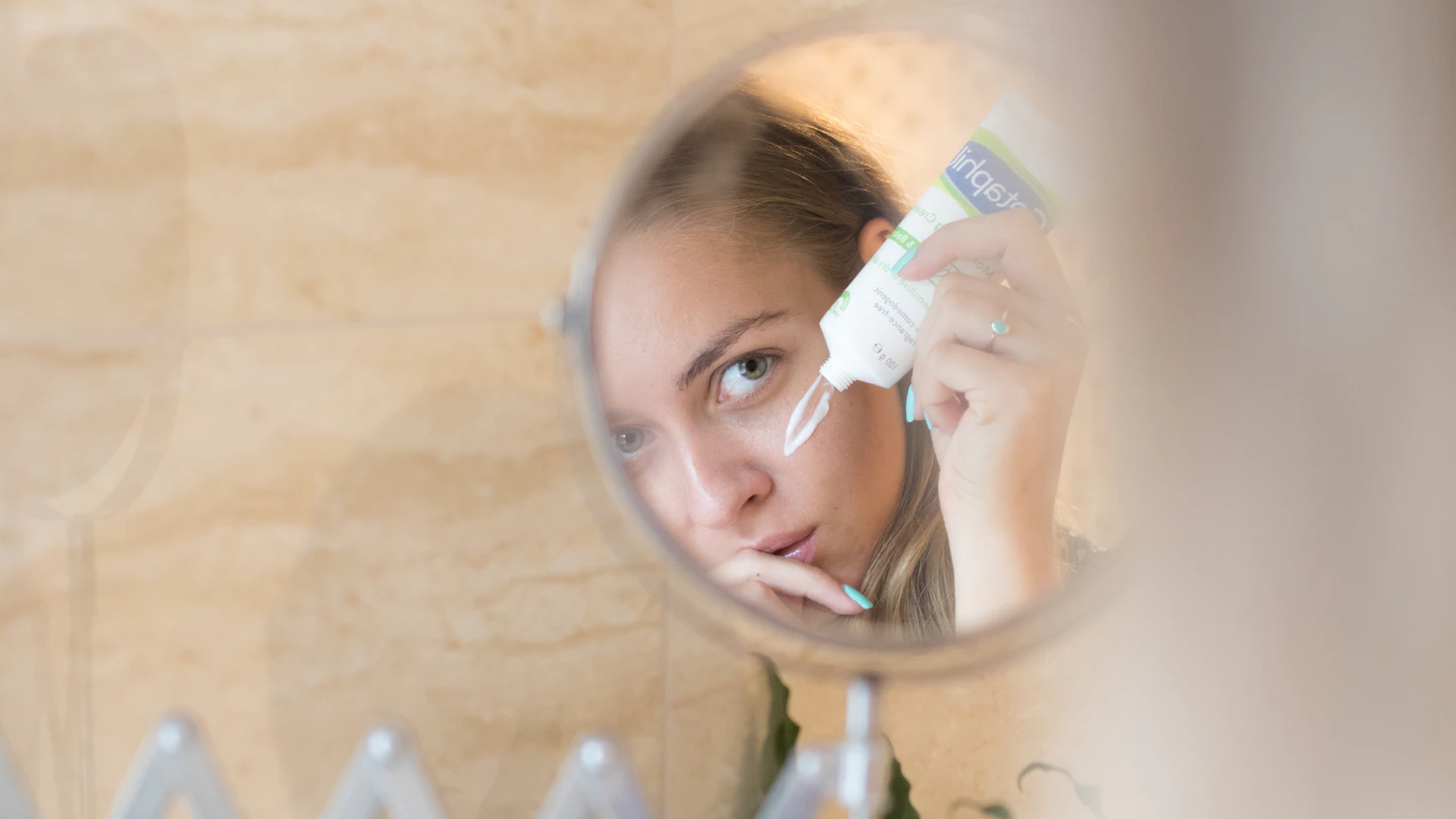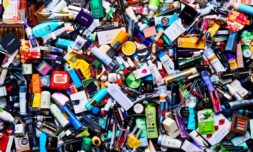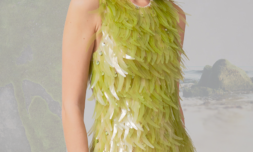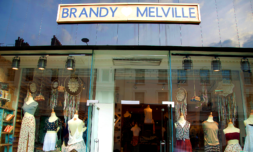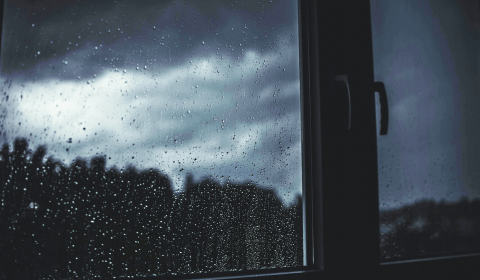The beauty industry has ramped up its commitment to reducing its environmental footprint in recent years. However, celebrities have begun capitalising on Gen-Z’s increased interest in skincare, posing threat to the progress made by longstanding brands.
If you’ve been paying any attention to the beauty industry lately, you’ve probably noticed an extreme uptick in celebrity skincare lines on the market.
Gone are the days where you’d spot your favourite actress or musician in a television advertisement endorsing anti-aging eye cream in between episodes of the newest crime drama.
That’s because celebrities are no longer settling for just a slice of the profit earned from collaborations with well-established beauty brands. They want to instead be the spokesperson of their own brand and – perhaps more importantly – push you to demonstrate your fan-loyalty by buying into their name.
Instagram’s transition from photo-sharing platform to brand-boosting online marketplace has made this process completely possible and, dare I say, too easy?
Celebrities now pilot their entire marketing scheme via social media, directly controlling the narrative around each of their products. ‘Clean, natural ingredients’, ‘sustainable packaging’, and ‘ethically sourced materials’ are some of the trendy phrases celebrities are using to appeal to Gen-Z’s demand for environmentally conscious brand philosophies.
Rihanna, Jennifer Lopez, Pharrell, Kylie Jenner, and Selena Gomez are just a handful names who are currently dominating the celeb skincare market. Soon to join them are plenty of other stars and influencers who have already secured trademarks for their own pending beauty projects.
This recent trend raises a few questions. How sustainable are these product formulas compared to others in the field? Are these advertisements genuine and honest representations of the product being sold to followers?
With more than 120 billion units of plastic being generated by cosmetic packaging each year, are celebrity skincare brands contributing much beyond adding pressure on the current plastic crisis?









